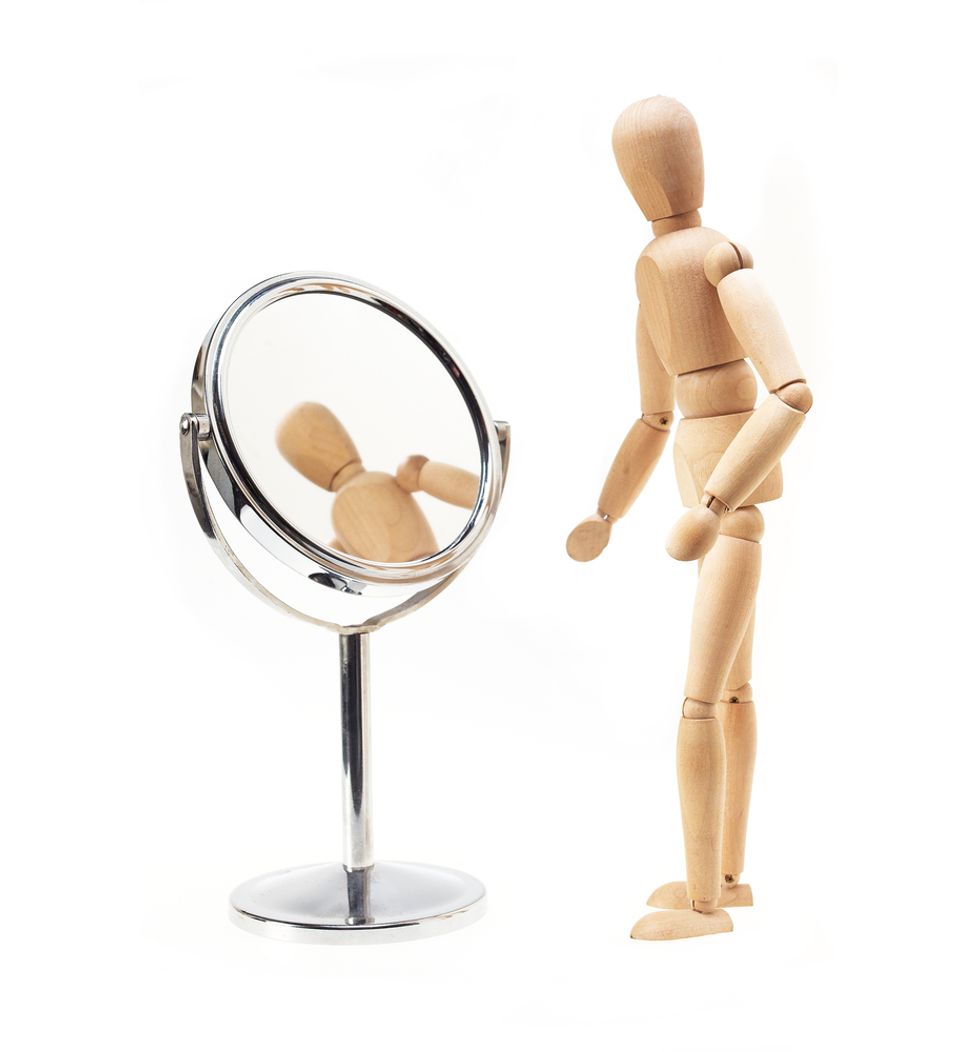
© 2024 Blaze Media LLC. All rights reserved.
"I know that I am good because everyone keeps telling me so."
With over 30 years of data from more than 475,000 people, the verdict is in: Men are more narcissistic than women.
A study conducted by the University at Buffalo School of Management published in the this month's issue of Psychological Bulletin, looked at different aspects of narcissism — leadership/authority, grandiose/exhibitionism and entitlement — and found men were consistently more full of themselves and their abilities. Males, though, often used this trait to their advantage.
“[...] narcissism is shown to boost self-esteem, emotional stability and the tendency to emerge as a leader,” Dr. Emily Grijalva, lead author of the study and assistant professor of organization and human resources at the university, said in a statement. “By examining gender differences in narcissism, we may be able to explain gender disparities in these important outcomes.”
According to the Washington Post, the study, in part, looked at participant responses to statements like, "If I ruled the world, it would be a much better place," "I know that I am good because everyone keeps telling me so," "I like having authority over people" and "I insist upon getting the respect that is due to me."
The researchers found the greatest disparity between men and women when it came to entitlement. After entitlement, the largest difference was in leadership and authority.
“Compared with women, men exhibit more assertiveness and desire for power,” Grijalva said. “But there was no difference in the exhibitionism aspect, meaning both genders are equally likely to display vanity or self-absorption.”
Though there might appear to be benefits of being more narcissist, Grijalva pointed out that it can be associated "with various interpersonal dysfunctions, including an inability to maintain healthy long-term relationships, unethical behavior and aggression."
The researchers believe that long-held gender stereotypes might have contributed to the discrepancies between men and women in different aspects of narcissism.
“Individuals tend to observe and learn gender roles from a young age, and may face backlash for deviating from society’s expectations,” Grijalva said. “In particular, women often receive harsh criticism for being aggressive or authoritative, which creates pressure for women, more so than for men, to suppress displays of narcissistic behavior.”
From 1990 through 2013, the researchers determined that neither men nor women became more narcissistic over time.
(H/T: Science Daily)
—
Front page image via Shutterstock.
Want to leave a tip?
We answer to you. Help keep our content free of advertisers and big tech censorship by leaving a tip today.
Want to join the conversation?
Already a subscriber?
more stories
Sign up for the Blaze newsletter
By signing up, you agree to our Privacy Policy and Terms of Use, and agree to receive content that may sometimes include advertisements. You may opt out at any time.
© 2024 Blaze Media LLC. All rights reserved.
Get the stories that matter most delivered directly to your inbox.
By signing up, you agree to our Privacy Policy and Terms of Use, and agree to receive content that may sometimes include advertisements. You may opt out at any time.



